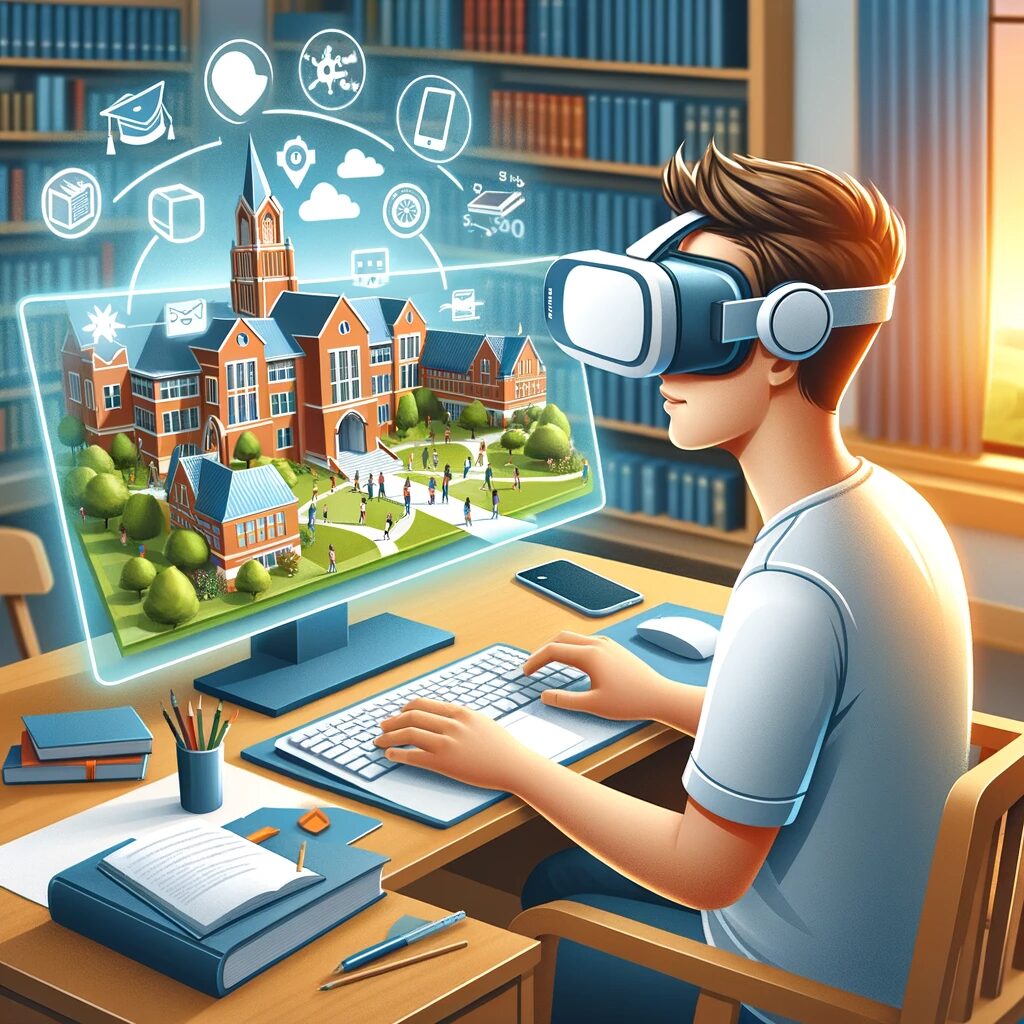
Virtual Tours
The digital transformation has significantly impacted higher education marketing, with virtual tours emerging as a powerful tool. These immersive experiences offer prospective students a unique glimpse into university life, transcending geographical barriers. This article delves into how virtual tours are reshaping university marketing and their benefits in engaging potential students.
The Rising Popularity of Virtual Tours
Emergence in Higher Education Marketing
Historical Context: The evolution of virtual tours in university settings.
Technology Advancement: How tech developments have made virtual tours more accessible and engaging.
Current Trends
Global Reach: Expanding the university's appeal to international students.
COVID-19 Impact: Increased reliance on virtual tours during the pandemic.
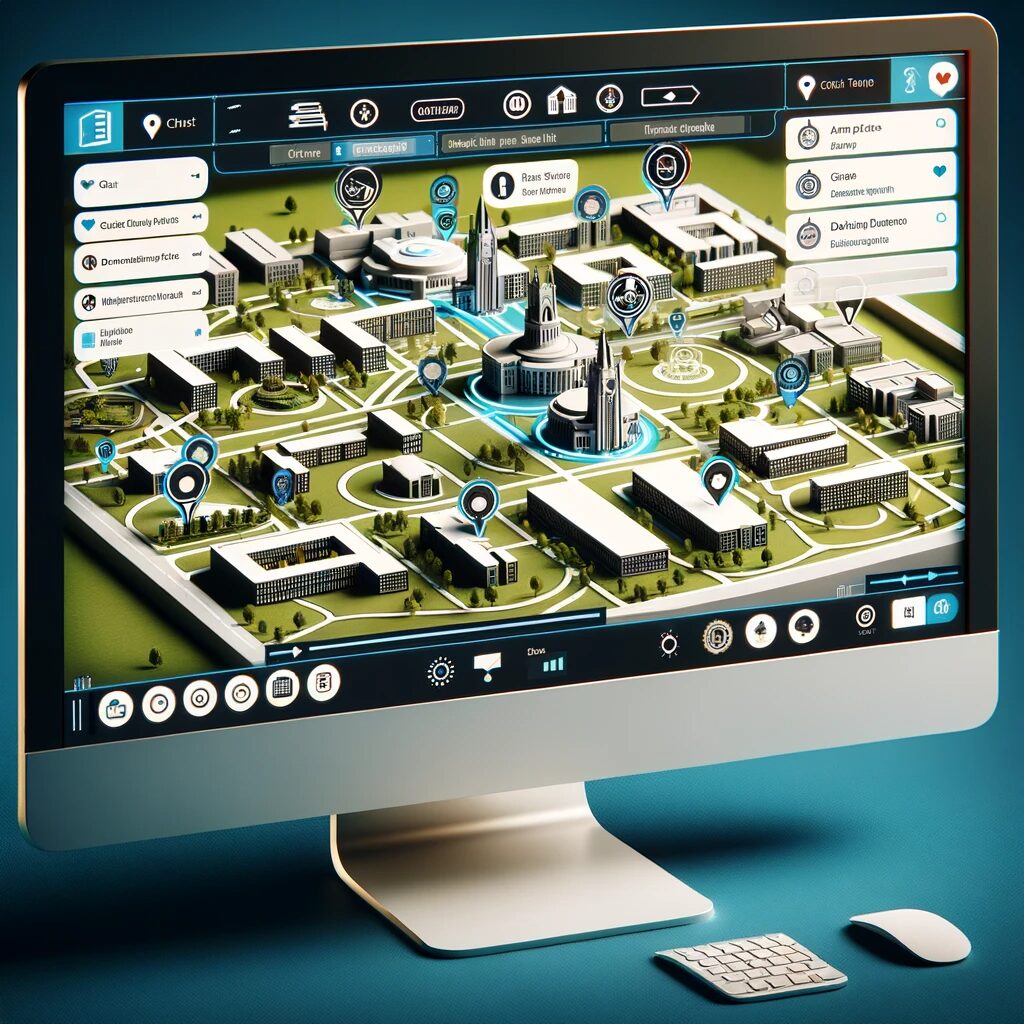
Benefits of Virtual Tours in University Marketing
Enhanced Engagement and Interest
Interactive Experience: Allowing students to explore campuses interactively.
Personalized Journeys: Customizing tours to showcase specific departments or facilities.
Bridging the Distance
Accessibility: Making campus visits possible for remote students.
Cost-Effective: Reducing the need for physical travel.
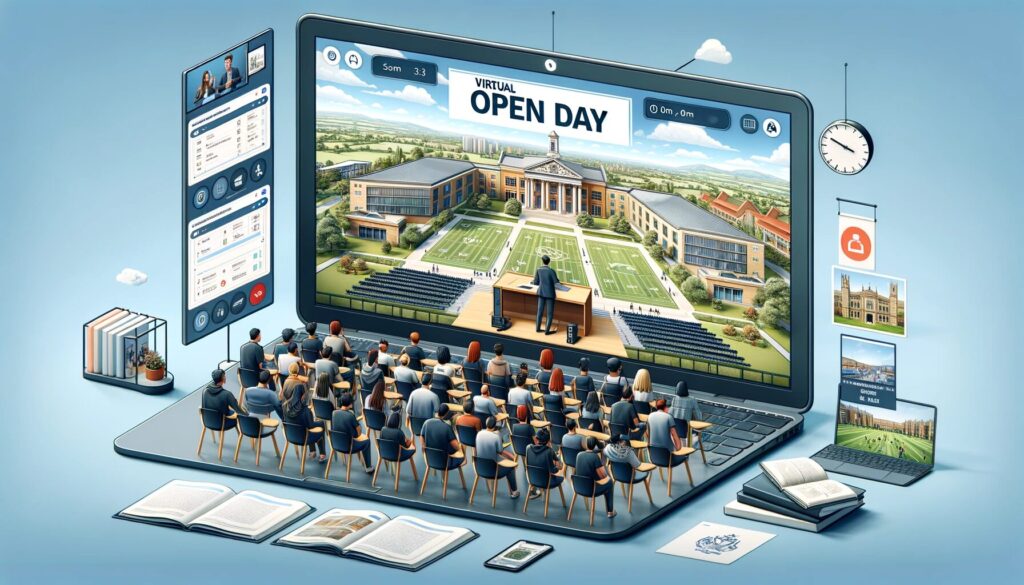
Integrating Virtual Tours in Marketing Strategies
Website Integration
User Experience: Seamlessly embedding tours in university websites.
Analytics and Tracking: Using data to understand visitor interactions.
Social Media and Digital Campaigns
Sharing Tours: Leveraging social media platforms to promote virtual tours.
Virtual Events: Hosting online open days and Q&A sessions.
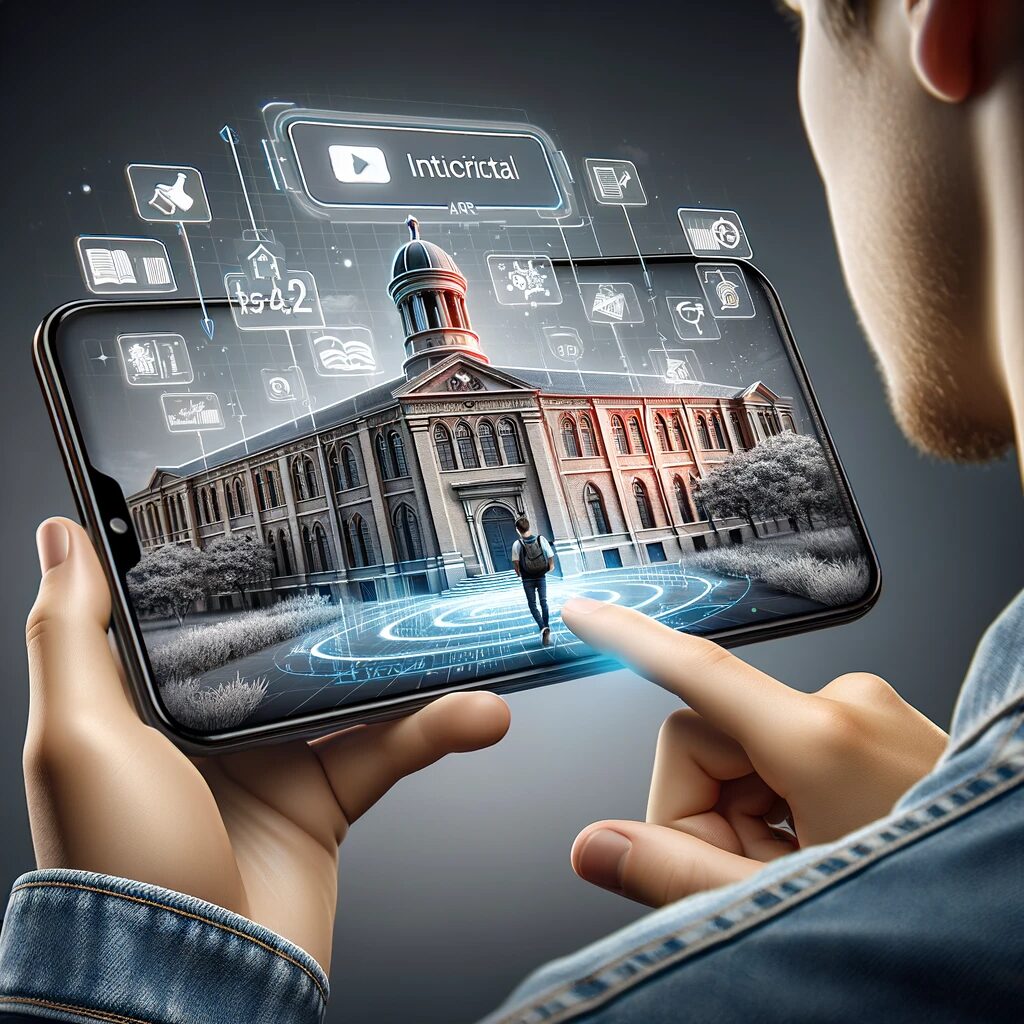
Challenges and Considerations
Technical Aspects
Quality and Compatibility: Ensuring high-quality visuals and compatibility across devices.
Regular Updates: Keeping the virtual tour content current and accurate.
Balancing Virtual and Physical Experiences
Complementing Real Visits: Ensuring virtual tours complement rather than replace physical visits.
Setting Realistic Expectations: Portraying an authentic campus experience.
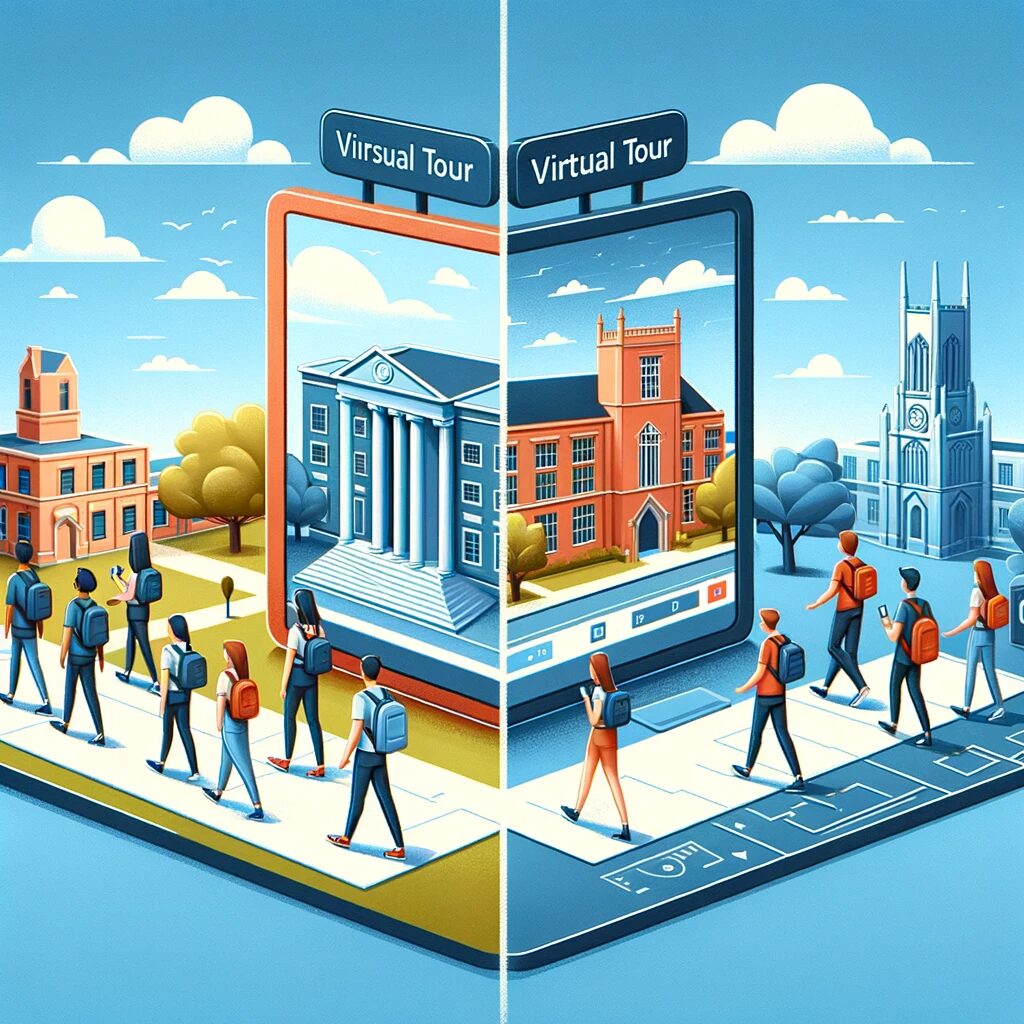
Future of Virtual Tours in University Marketing
Technological Innovations
Augmented and Virtual Reality: Enhancing tours with AR and VR technologies.
Interactive Features: Incorporating more interactive elements like live chats and Q&A.
Strategic Importance
Long-term Role: Understanding the enduring role of virtual tours in post-pandemic education marketing.
Integration with Broader Marketing Efforts: How virtual tours fit into the overall marketing strategy.

Conclusion
Virtual tours are a game-changing tool in university marketing, offering immersive experiences that attract and engage prospective students from around the world. By effectively integrating these tours into their marketing strategies, universities can enhance their global reach, provide valuable insights into campus life, and stay ahead in the competitive world of higher education marketing. The future of virtual tours looks bright, with ongoing technological advancements promising even more engaging and interactive experiences.
Share this article
Interested in learning more ?


